Raising Bilingual Children
We know from research that over one-fifth (21.9%) of children in Australia are regularly spoken to in a language other than English. That tells us that the experience of being bilingual (or even multilingual) is not uncommon. As a Centre Director, this is probably one of the most common concerns I hear from parents during a tour. They are often worried about entering an English-speaking Early Childhood environment because their child cannot (yet) speak English. I encourage them with the fact that children are quick to learn in an immersive context and that we will use key words in their home language as the child acquires the English language.
High-quality Early Childhood services in Australia also support retention and development of the child’s home language. Families can help by singing, talking, playing number games and reading to their child in their home language. Families are encouraged to speak the home language during family trips and celebrations and to speak to their child in their home language even if the child replies in English. This is so they can hear the differences between the two languages.
Challenges of being Bilingual
On the other hand, some of the disadvantages of bilingualism are a possible delay in language acquisition; interference between the two phonological, lexical, and grammatical systems; and a possible decrease in vocabulary in both languages. Not to worry, this usually sorts itself out in time. As a child, I grew up with English and Spanish as first languages. Sure, I spoke ‘Spanglish’ for a while, but eventually learnt to separate both languages and am now eternally grateful for this wonderful gift given to me by my parents.
Benefits of Being Bilingual
The benefits far outweigh the challenges! Bilingual children may have a superior ability to focus on one thing and change their response, easily indicating “cognitive flexibility.” Both traits require self-control, a very desirable trait in the early childhood classroom as well as life. We know from research on neuron-plasticity that the capacity of the human brain is phenomenal. Children can hold several languages in their brain for ‘communication’ and then access the words they need to get their point across. This can sometimes result in some very interesting seemingly jumbled sentences. In their minds, it makes perfect sense. We also know that children, from an early age, form a library for communication which is appropriate to their audience. For example, if they are at kindergarten, they will use English, but at home with Grandma, they speak Mandarin.
Read more about what the experts have to say here:
If you are raising bilingual children, Congratulations! Or should I say, ‘Felicidades!’. You are giving them the best gift they will ever receive.
